Transforming Collective Trauma:
Social Healing and the Future of Culture
A Four-Week Online Course
Individual and collective trauma is a worldwide phenomenon. This course explores personal, historical, cultural, and archetypal perspectives to transforming trauma. Participants in this course will engage in collaborative inquiry into aesthetic, psychological, and political responses which bring about social healing and cultural renewal.
Through active dialogue participants and presenters engage complex issues of climate change, economic injustice, intimate violence, stereotyping and scapegoating, and ethnic conflict, while exploring the practices that might create conditions of social healing such as restorative justice, rebuilding trust in the aftermath of trauma, the power of empathy, and the role of awe in recasting our vision of the world.
Course Faculty
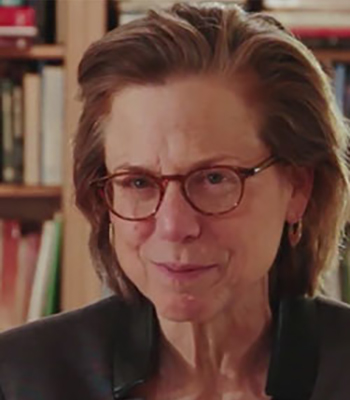
Melissa Schwartz
Melissa Schwartz, PhD is the Chief Academic Officer at Meridian University where she guides integrally-oriented programs in Education, Business, and Psychology. The Director of Meridian’s Center for Transformative Learning, Melissa is dually licensed as both a psychologist and as a Marriage and Family Therapist (MFT). She serves as a reviewer for the American Psychological Association’s Journal, Psychology of Women Quarterly, and the California Psychological Association’s Office of Professional Development. As well, she serves as a Subject Matter Expert for California’s Board of Behavioral Sciences in the continual development of the state’s MFT licensure examination. Melissa’s research interests are in the areas of adult development, the psychology of women, integral transformative assessment, and the role of culture in transformative learning.
Contributing Faculty
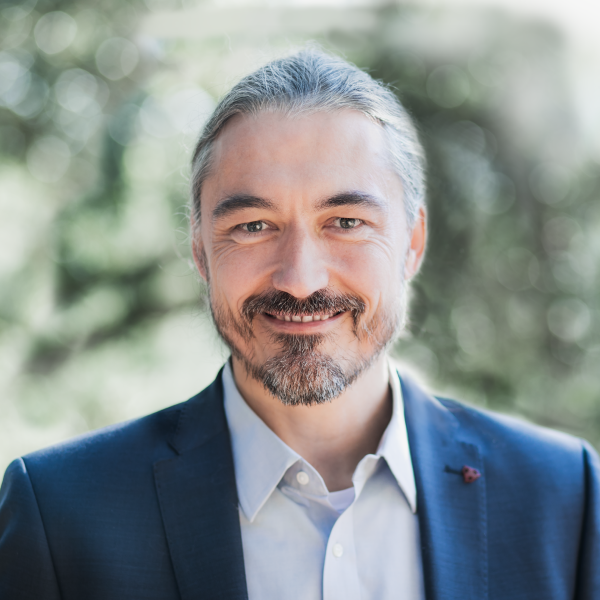
Thomas Hübl
Thomas Hübl is a modern mystic, a spiritual teacher whose work integrates the essence of the great traditions of wisdom with scientific knowledge and his own personal experience. Since 2004, Thomas’ work has spread worldwide, through workshops, multiyear training programs, online courses, and the Celebrate Life Festival, which raises funds for charity and brings together more than 1,500 people annually. In 2008, he founded the Academy of Inner Science (AIS) as a framework for research on the Mystical Principles that underlie our everyday realities. Over the years, Thomas has led several Healing Events that brought together thousands of Germans with Israelis to acknowledge, face, and heal the cultural shadow left by the Holocaust. In 2016, Thomas founded the Pocket Project, a non-for-profit, with the aim of spreading his work to help stop the vicious cycle of recurring collective trauma and ultimately integrate and reduce its effects in our global culture.
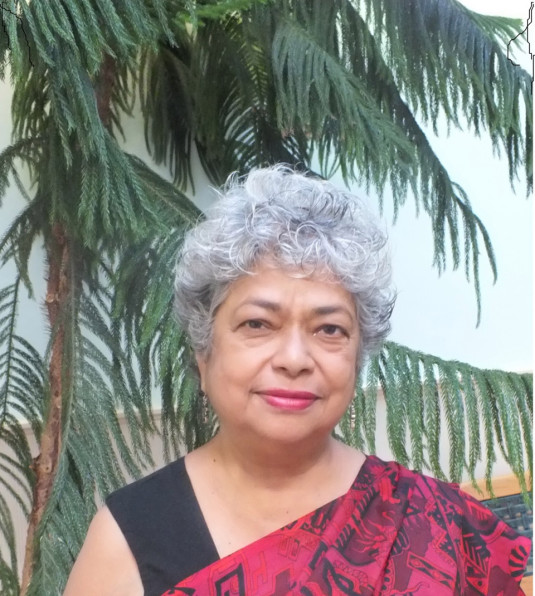
Monica Sharma
Dr. Monica Sharma, trained as a physician and epidemiologist, worked for the United Nations since 1988 for 22 years. She has published and presented over 250 articles in journals and international forums. Currently, she engages worldwide as an International Expert and Practitioner on Leadership Development for sustainable and equitable change. She works with the United Nations, universities, management institutions, governments, business, media and community organizations. She is the Tata Chair Professor at the Tata Institute of Social Sciences in Mumbai.
In 2009, Monica Sharma received "The Spirit of the United Nations Award, given to a person whose work is an expression of the core principles, spirit and vision on which the United Nations was founded. Monica Sharma was honored because of her inspirational leadership, skilled wisdom and devoted attention to the United Nations, for guidance in developing effective strategic frameworks for action for application world-wide that has manifested in effective programs and leadership development initiatives. Monica Sharma also received the prestigious Sigma Theta Tau International (STTI) 2009 Honorary Membership Award, for her contribution in fostering transformational leadership world-wide resulting in measurable change and for her strategic work with the Nightingale Initiative for Global Health (NIGH) related to nursing and health care.
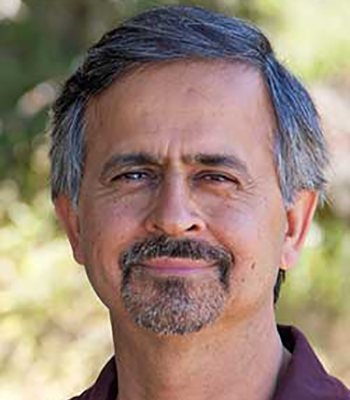
Aftab Omer
Aftab Omer, PhD is a sociologist, psychologist, futurist and the president of Meridian University. Raised in Pakistan, India, Hawaii, and Turkey, he was educated at the universities of M.I.T, Harvard and Brandeis. His publications have addressed the topics of transformative learning, cultural leadership, generative entrepreneurship and the power of imagination. His work includes assisting organizations in tapping the creative potentials of conflict, diversity, and complexity. Formerly the president of the Council for Humanistic and Transpersonal Psychologies, he is a Fellow of the International Futures Forum and the World Academy of Arts and Sciences.
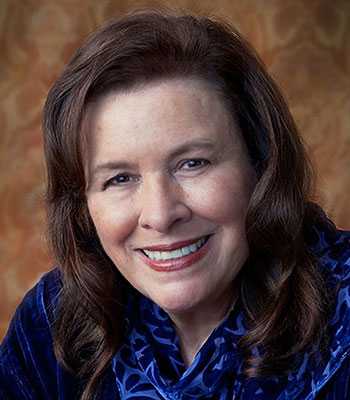
Jean Houston
The Chancellor of Meridian University, Dr. Houston is a visionary researcher who has authored nearly 30 books and worked intensively in over 40 cultures, lectured in over 100 countries, and worked with major organizations such as UNICEF and NASA. Dr. Houston has developed a worldwide network of leaders including Joseph Campbell, Margaret Mead, Buckminster Fuller, Jonas Salk, US presidents Jimmy Carter and Bill Clinton, as well as US Secretary of State Hillary Clinton, giving her unique insight into the human potential. Dr. Houston's book, A Passion for the Possible, was an expansive compliment to her inspiring PBS special of the same name. Dr. Houston has served on the faculties of Columbia University, Hunter College, Marymount College, The New School for Social Research, and the University of California. She holds doctoral degrees in both psychology and religion. Since 2002, Dr. Houston has been working with the United Nations Development Program, training leaders in developing cultures throughout the world in the field of Social Artistry.
Course Modules
Week One
Our Longest Journey: From Scapegoating to Presencing Collective Wisdom
- Projection, Splitting, and the Need for Enemies
- Sacrifice and the Sacred
Week Two
Race, Gender and Culture: The Dialectics of Repression and Oppression
- Evolution, Development, and Dissociation
- Social Fields and Transgenerational Trauma
Week Three
Social Artistry and Transforming Trauma: The Aesthetics of Healing and Practice of Reconciliation
- Restorative Justice
- Reconciliation as Transformative Healing
Week Four
The Power of Myth, Ritual and Story: Cultural Leadership and Social Healing
- Engaging and Embodying Archetypes
- Practices and Active Hope
Online Course Format
Course Structure
- 4-week online course from March 31 through May 3, 2020
- Four live 75-minute Zoom sessions with faculty held Thursdays at 11:00 am PT (Pacific Time) and recorded for participants who can’t join every session live
- Content and collaboration via Meridian's social learning platform
Course Schedule
- March 31 - Course begins, participants begin engaging with course resources and activities
- April 2 - First live course session
- April 16 - Second live course session
- April 23 - Third live course session
- April 30 - Fourth live course session
- May 3 - Course ends, participants continue engagement via learning platform’s social group
Course Fees
$120, including the synchronous course video calls, online learning platform access, participation in the course learning community, plus course resources and written activities.
Accreditation
Meridian University is accredited by the Western Association of Schools and Colleges (WASC) - a higher education accreditor recognized by the United States Department of Education. WASC is also the accreditor for Stanford University, UCLA, and the University of California at Berkeley.
Frequently Asked Questions
Meridian’s online courses are conducted via the University's own learning platform.
Our online courses promote community learning, through strong interactive engagement with fellow students and faculty as well as live video sessions with faculty.
You will need an email account, a high-speed internet connection, and access to a computer, iOS or Android device.
If you are planning to attend the course video calls live, you will need a webcam and microphone for your device. (Course video calls are conducted with participants video-enabled.)
Live 75-min video sessions with faculty and fellow students will be conducted throughout the course. Each week's live video call will be recorded and posted on the course platform.
Video presentations, readings, discussions and learning activities will be accessible asynchronously and may be completed on participants' own schedule. Course resources and recordings will remain available up to 30 days after the close of the course.
Full refunds are available until two (2) days before the course begins, by request via email.
You do not need to apply to a Meridian graduate degree program to take this online course. This course is one of Meridian’s open-enrollment courses
The course support team will be available to assist from start to finish. Please send your questions/requests/issues to openenrollment@meridianuniversity.edu
Convening faculty generally lead each live session. Contributing faculty typically contribute in one of the live course sessions. Course resources address the work of both convening and contributing faculty.
Meridian has institutional and federal financial aid options for our graduate degree programs. This open enrollment course does not have financial aid or payment plans available.